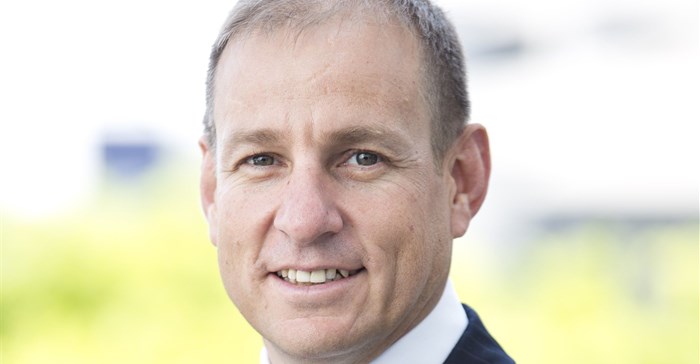The mining industry in Africa is undergoing significant change, including an increase in exploration and commodity prices, and therefore boasts significant potential for investors with regard to its vast supply of mineral reserves and production.

Michal Kotzé, PwC Africa energy utilities & resources leader.
Regulatory changes also play a significant role in the viability of mining on the continent and this article looks at what Nigeria, the DRC and Tanzania are hoping to achieve with changes in their laws.
The DRC
Copper and cobalt mining in the DRC takes place mainly in the copper belt of the southern former Katanga Province. Both minerals ores account for nearly 80% of the DRC’s export revenue. By the end of 2016, 482 companies held mining rights, compared to just 35 in 2002. The production of copper amounted to 27,259 tones in 2002. Cobalt production achieved 69 ,038 tones at the end of 2016 versus 11,865 tons in 2002.
Although current political and economic uncertainty is a concern for all stakeholders, strong growth in copper and cobalt prices is attracting new foreign investors.
The DRC Government hopes to enhance its level of control of the mining industry to increase the social and environmental responsibility of mining companies and to balance the legal, customs and tax regimes. In addition, the draft revised Mining Code proposes a substantial increase in taxes and customs.
It will be interesting to see whether the proposed changes will create more stability and certainty and whether they will allow for future growth.
Nigeria
The Nigerian government is making significant strides towards diversifying the economy and mining is critical to this ambition. It is taking steps to make the sector more attractive for investment by putting in place regulatory policies and operationalising existing ones. In 2016, a new roadmap was launched for the sector that aims to achieve mining prosperity for all stakeholders. A comprehensive policy agenda for Nigeria’s mining sector is planned to be unveiled soon and this will further set the tone for investments in the sector.
There are, however, a number of challenges in the mining sector. These include insufficient policy uncertainty and in some instances, regulatory conflicts.
With high expectations and a willingness among key stakeholders to collaborate in driving growth in the sector, there is no better time to invest in unlocking the mining potential of Nigeria.
Tanzania
Tanzania’s mining sector continues to be the subject of unprecedented legislative change. In 2016 and 2017, the government introduced fundamental changes to the income tax regime for the extractive sector. The main objective of the new legislation is to seek to obtain a higher return to Tanzania from its natural resources.
Despite the challenges the mining industry in Africa has faced in the past, an increase in commodity prices and the levels of global investment in the industry, shows positivity has returned to the sector. There are opportunities aplenty for African countries to attract investment and capital to develop resources on the continent.







































